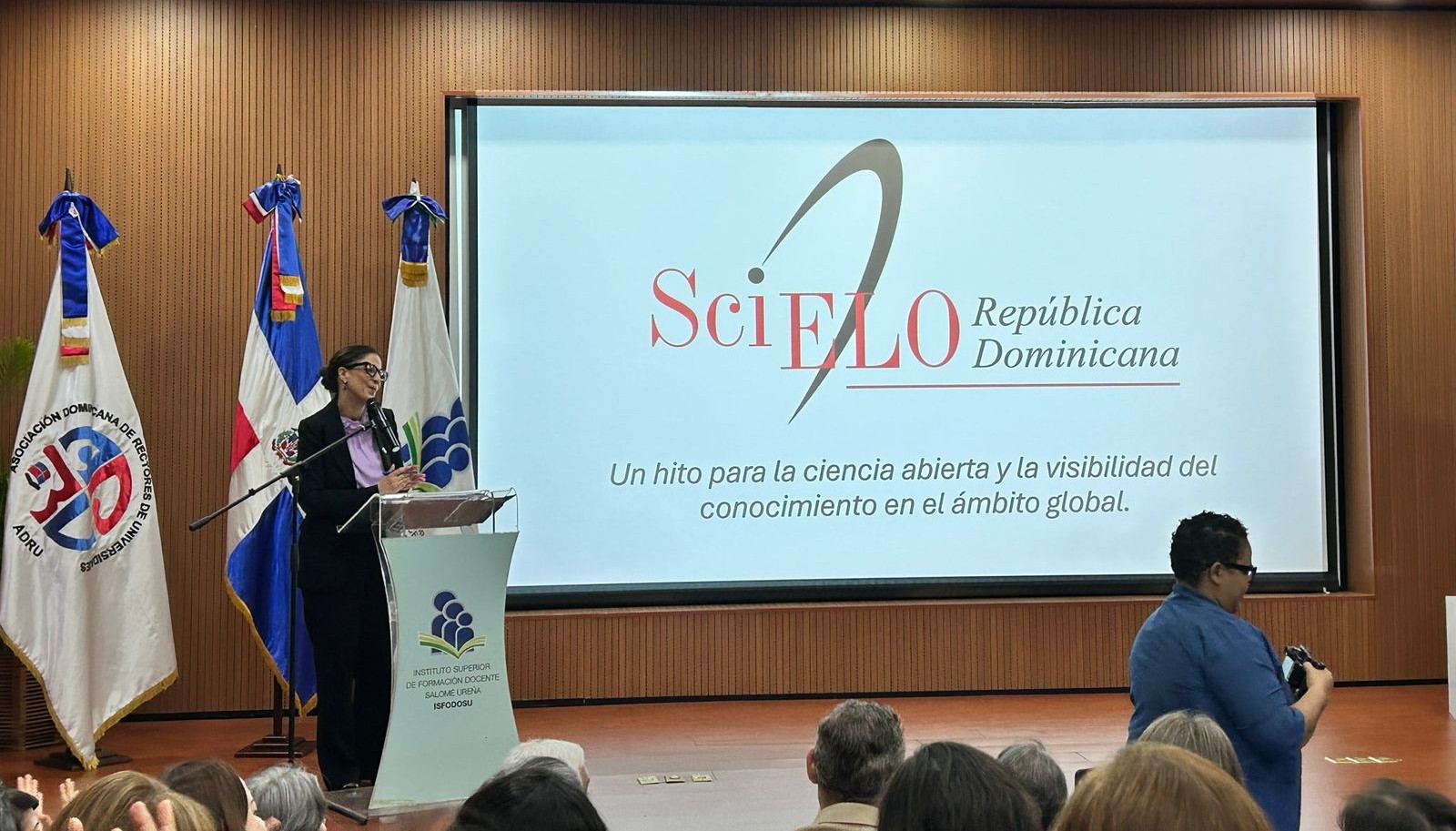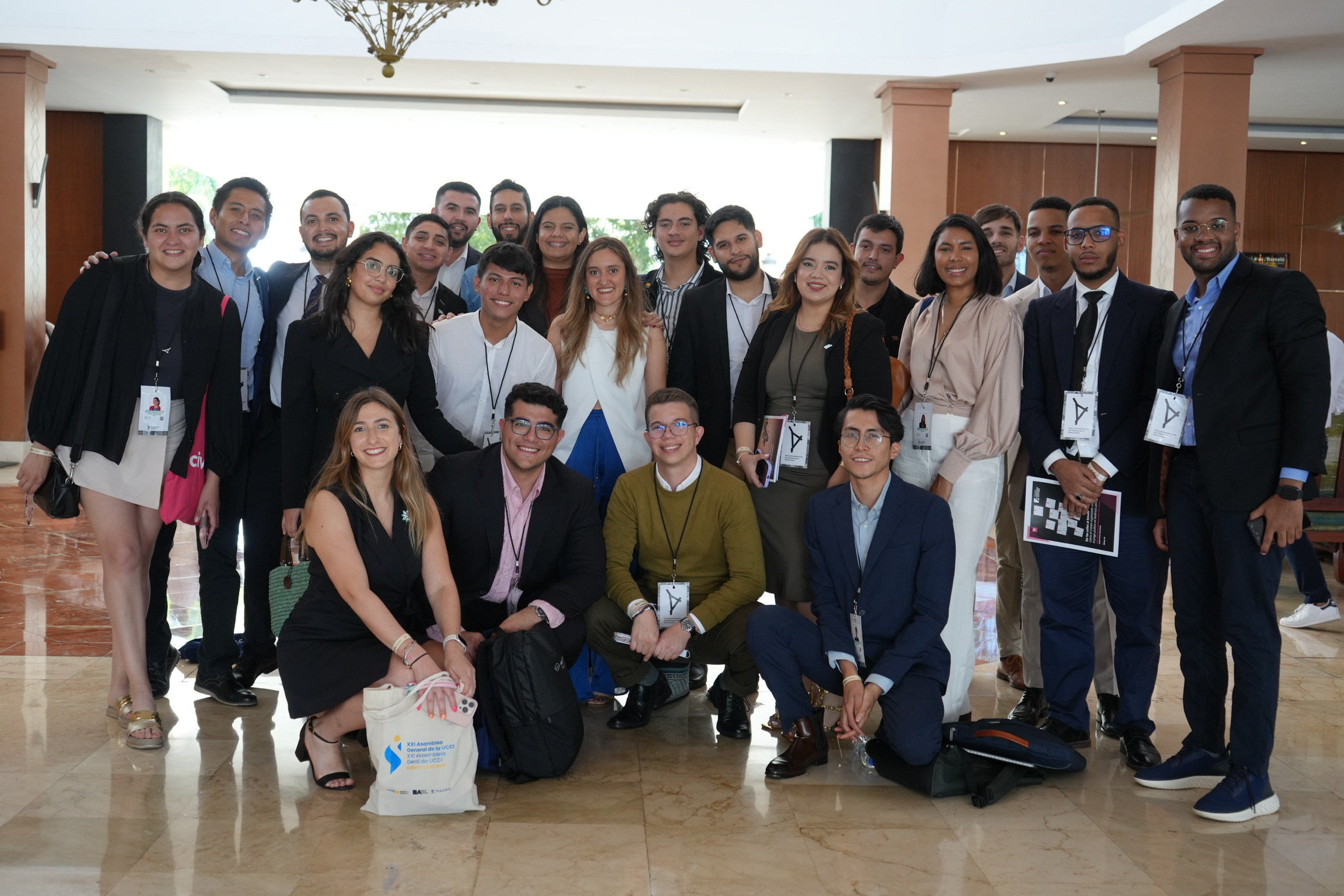Dr. Victor Francisco Sena Cuevas, a prominent professor at the University of the Caribbean (UNICARIBE), is making great strides in the field of refrigeration with postdoctoral research focused on the use of environmentally friendly refrigerants, specifically ammonia (NH₃ or R717) and carbon dioxide (CO₂ or R744).

Dr. Sena comes from a traditional Dominican home and, with admirable personal effort, has overcome great challenges to establish itself as a national reference in the areas of renewable energy and sustainable refrigerants. His commitment to academia and his love for teaching have led him to teach the subject of Biomass Energy from China, despite the challenges involved in the time difference.
These natural refrigerants, NH₃ and CO₂, stand out for their zero Ozone Depletion Potential (ODP) and minimal impact on global warming. CO₂ has a Global Warming Potential (GWP) of 1 (or even zero, if it comes from industrial processes), while NH₃ has a GWP of zero. In contrast, third-generation refrigerants, such as R134a (GWP of 1350), R410A (GWP of 2088) and R404A (GWP of 3900), are destined to disappear according to international agreements – such as the Montreal Protocol and the Kigali Amendment – due to their high environmental impact.
Dr. Sena’s research not only promotes ecological alternatives, but also addresses the challenges associated with toxicity through strict safety standards and proper management of refrigerant quantities. With this work, the professor reaffirms his commitment to a greener future, inspiring the academic community and new generations with his example of perseverance and dedication.
Author:
Juan Carlos Cuevas – Coordinator of the Environmental Management and Renewable Energy Program.
 Español
Español English
English








